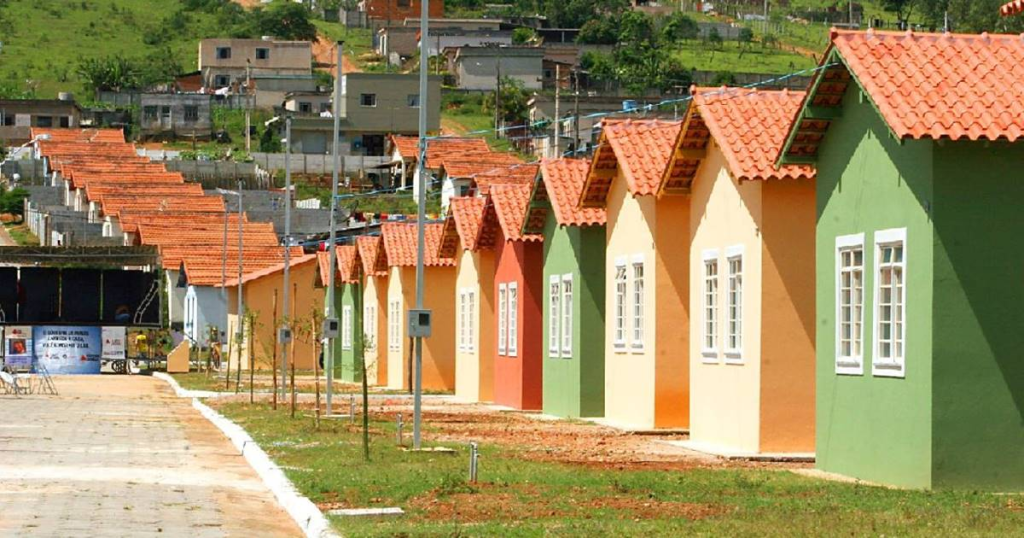President Lula's government faces a significant economic challenge, with a R$1.4T50 billion budget deficit.
That financial gap raises concerns about the government's ability to meet its obligations and implement effective economic policies. We will therefore explore the causes of this deficit and its possible consequences for the Brazilian economy.
Causes of the R$ 50 billion deficit
The R$50 billion deficit in the Lula government's budget can be attributed to a number of factors, including overspending, a drop in tax collection, increase in public debt and structural imbalances in public accounts.
Economic stimulus policies and social programs may also have contributed to the increase in the deficit, especially in a context of economic crisis and pandemic.
Impacts on the Brazilian Economy
Budget shortages pose a significant challenge to the Brazilian economy. A lack of resources can hinder the implementation of essential public policies, such as investments in infrastructure, health, education and security.
Furthermore, rising public debt may raise concerns about the country's fiscal sustainability and affect investor confidence.
To deal with the R$50 billion deficit, the Lula government may need to adopt fiscal austerity measures, such as spending cuts, tax increases or structural reforms to increase the efficiency of the public sector.
However, these measures may be unpopular and face political resistance, which makes the challenge even greater.
Future Perspectives and Challenges
This budget shortfall represents a significant challenge for the Lula government and for the Brazilian economy as a whole.
Finding a sustainable solution will require cooperation between the administration, Congress, and civil society, as well as a commitment to fiscal responsibility and sustainable economic development.
The R$50 billion deficit in the Lula government's budget is a reflection of the economic challenges faced by the country.
Finding a solution to this problem will require effective measures and collaboration from all stakeholders.
It is essential that the government adopts a balanced and responsible approach to ensure economic stability and the well-being of the Brazilian population.
Image: Canva / Edited by Roberta de Oliveira


